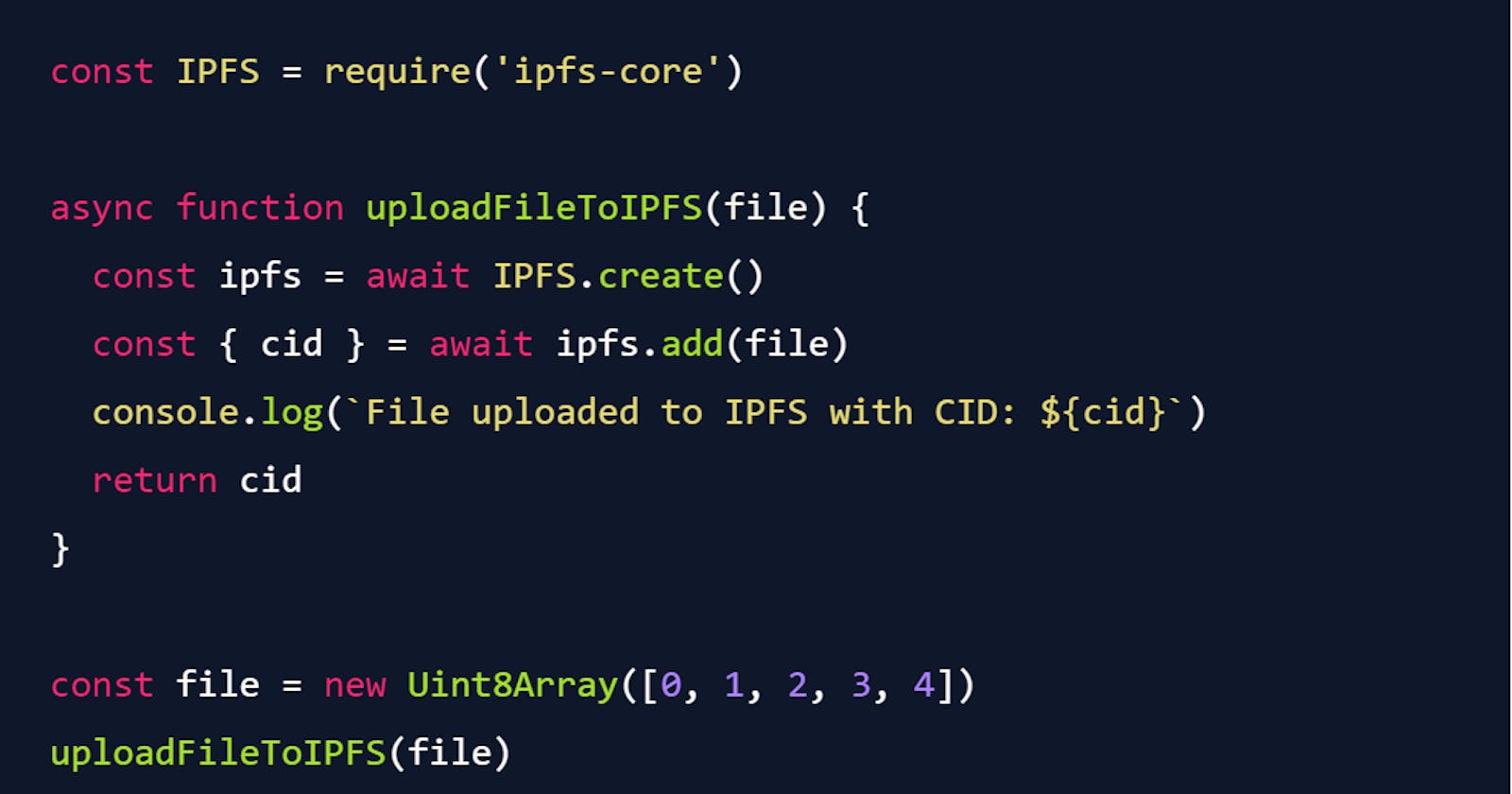Unleashing the Power of Decentralized Storage
A Deep Dive into IPFS and Filecoin
In the era of Web3, the demand for secure, censorship-resistant, and decentralized storage solutions has never been greater. Traditional centralized storage systems are prone to data breaches, censorship, and single points of failure, prompting the need for innovative alternatives. In this comprehensive article, we'll explore two leading decentralized storage platforms—InterPlanetary File System (IPFS) and Filecoin—examining their architecture, functionalities, and the pivotal role they play in revolutionizing data storage and retrieval in the digital age.
Understanding Decentralized Storage
Decentralized storage platforms leverage blockchain technology and peer-to-peer networks to store and retrieve data in a decentralized, trustless manner. Unlike traditional centralized storage solutions, where data is stored in a single location controlled by a central authority, decentralized storage systems distribute data across multiple nodes, enhancing security, reliability, and accessibility.
InterPlanetary File System (IPFS)
IPFS is a distributed protocol designed to create a peer-to-peer method of storing and sharing hypermedia in a distributed file system. Key features of IPFS include:
Content-Addressed Storage: IPFS utilizes content-addressed storage, where files are addressed by their content rather than their location. This ensures that identical files are stored only once, reducing redundancy and conserving storage space.
Decentralized Network: IPFS operates as a decentralized network of interconnected nodes, allowing users to store and retrieve files from any node in the network. Each node stores a subset of the overall data, creating redundancy and fault tolerance.
Data Integrity and Authentication: IPFS employs cryptographic hashes to verify the integrity and authenticity of stored data, ensuring that files cannot be tampered with or modified without detection.
Filecoin
Filecoin extends the capabilities of IPFS by introducing a decentralized marketplace for storage providers and consumers to exchange storage services using the FIL token. Key features of Filecoin include:
Storage Market: Filecoin facilitates a decentralized storage market where storage providers (miners) offer storage space in exchange for FIL tokens, while clients pay for storage services using FIL tokens.
Proof-of-Replication and Proof-of-Spacetime: Filecoin utilizes novel cryptographic proofs, including proof-of-replication and proof-of-spacetime, to ensure that storage providers are storing and maintaining data reliably over time.
Economic Incentives: Filecoin incentivizes storage providers to offer competitive prices and maintain high-quality service by rewarding them with FIL tokens for storing and retrieving data efficiently.
Integrating IPFS and Filecoin
IPFS and Filecoin complement each other seamlessly, with IPFS serving as the content-addressed storage layer and Filecoin providing the economic incentives and marketplace for storage providers. Developers can leverage IPFS for content-addressed storage and use Filecoin to incentivize storage providers to store and retrieve data on-demand.
Code Example: Uploading Files to IPFS
const IPFS = require('ipfs-core')
async function uploadFileToIPFS(file) {
const ipfs = await IPFS.create()
const { cid } = await ipfs.add(file)
console.log(`File uploaded to IPFS with CID: ${cid}`)
return cid
}
const file = new Uint8Array([0, 1, 2, 3, 4])
uploadFileToIPFS(file)
Conclusion: Empowering Decentralized Data Storage
Decentralized storage solutions like IPFS and Filecoin hold the promise of revolutionizing the way data is stored, shared, and accessed in the digital age. By leveraging blockchain technology and peer-to-peer networks, these platforms provide a secure, censorship-resistant, and economically incentivized alternative to traditional centralized storage systems. As the demand for decentralized storage continues to grow, IPFS and Filecoin stand at the forefront, empowering individuals and organizations to take control of their data and participate in a more decentralized and equitable digital future.
